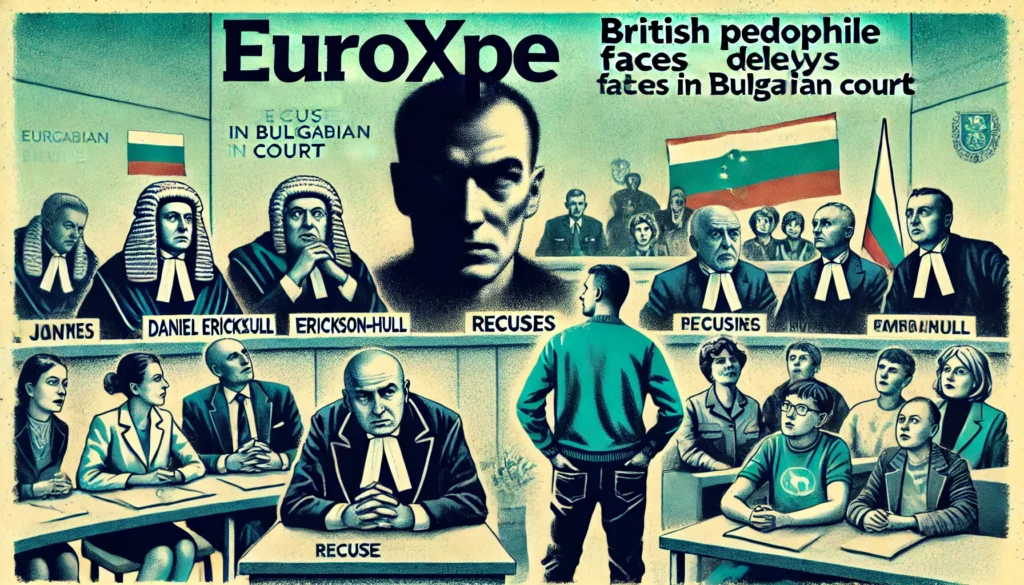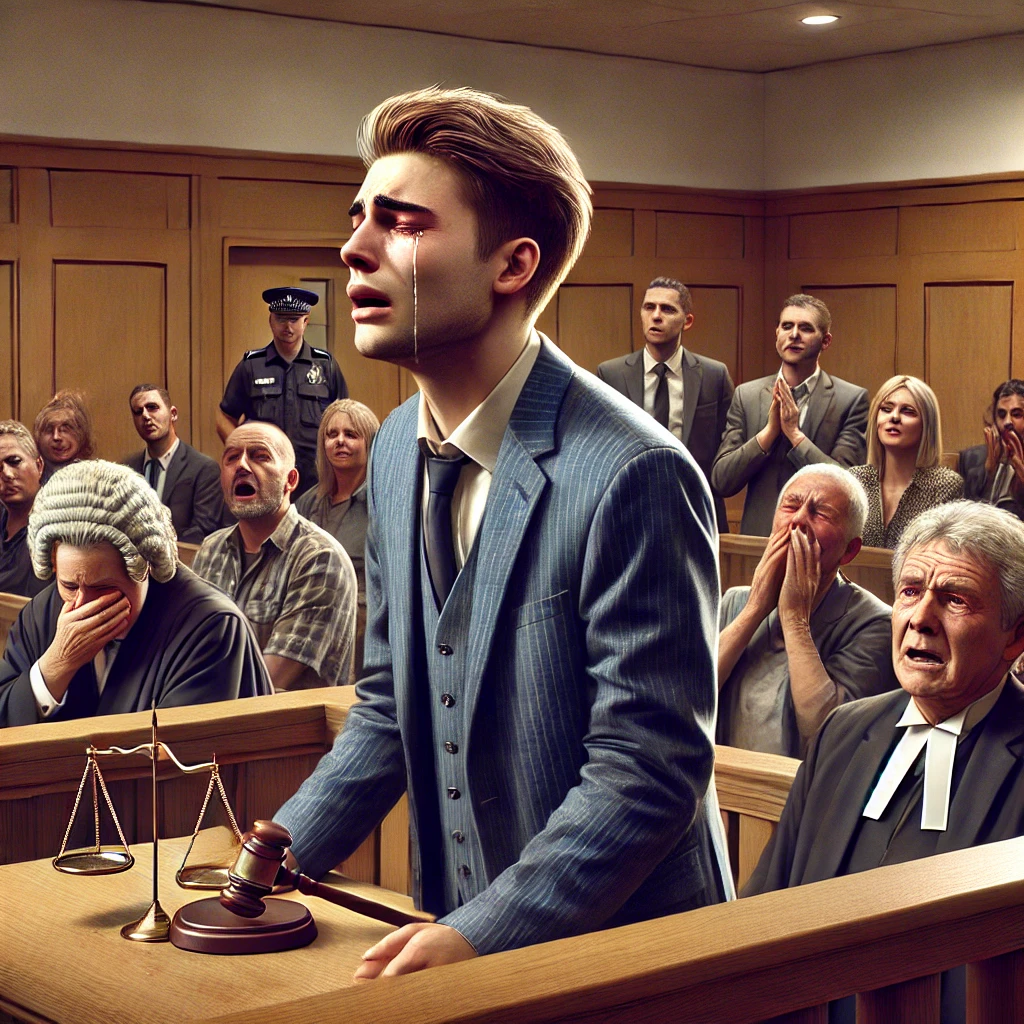In one of Bulgaria’s most impoverished communities, Daniel Erickson-Hull, a convicted British pedophile, has stirred significant controversy. While some residents of Nadezhda in Sliven see him as a benevolent preacher who offers both spiritual and material support, others accuse him of being a serial sexual abuser who has exploited the trust of the local Romany community. As judicial delays persist, Erickson-Hull’s future remains uncertain, with the community caught in a web of allegations and divided loyalties.
Erickson-Hull, aged 47, has faced numerous delays in his case due to various legal maneuvers by his defense team. Several judges have recused themselves, leaving the case in the hands of a civil-law judge, with no clear start date for the trial. Despite these setbacks, there is hope among some that Erickson-Hull will eventually be held accountable for his alleged crimes.
In 2019, the controversy surrounding Erickson-Hull drew international attention when a BBC Radio 4 team visited Nadezhda. The journalists were chased away by his young followers, illustrating the deep divide within the community. The same year, all eight boys who initially accused Erickson-Hull of sexual abuse retracted their statements, further complicating the pursuit of justice. Supporters of Erickson-Hull have previously filled courtrooms, urging the dismissal of the case.
The allegations against Erickson-Hull suggest a pattern of abuse that was an open secret in Nadezhda. A mother of one alleged victim shared with RFE/RL’s Bulgarian Service that her child, like many others, frequently visited Erickson-Hull’s youth center. Another boy recounted how he was lured to Erickson-Hull’s house with promises of new sneakers and clothes, only to be subjected to abuse.
Human rights activists argue that the authorities have neglected the case due to the victims’ Romany background. Livia Otal, an activist from the Bulgarian NGO For Hope, stated that attempts to raise awareness were often dismissed with prejudiced comments about the Roma community. This neglect reflects broader systemic issues, as Bulgaria’s Roma population, estimated at 750,000, faces high levels of unemployment, poor education, and social exclusion.
Erickson-Hull’s background reveals a troubling history. In 2016, British authorities investigated him for sexual exploitation and possession of indecent images of children. He fled to Bulgaria amid the investigation but was extradited back to the UK, where he was convicted and served a brief prison sentence. Defying conditions of his release, he returned to Bulgaria, evading further legal consequences due to the lack of a sex offender registry in the country.
Despite his criminal record, Erickson-Hull managed to maintain a positive image among some in Nadezhda by providing financial assistance and other forms of support. This generosity, funded by international donors responding to his social media appeals, allowed him to win over many locals. An anonymous witness told the BBC that Erickson-Hull essentially “bought the whole communities” with his wealth.
The legal proceedings against Erickson-Hull have been fraught with difficulties. In 2022, following a new wave of allegations from 14 children, he was arrested again. However, the circumstances of the children’s interviews—conducted late at night without legal representation—may render their testimonies inadmissible in court. This procedural mishap, combined with the judges’ recusals, has significantly stalled the trial.
Efforts to expedite the case have seen little success. The National Network for Children, a Bulgarian NGO, has sought urgent meetings with the Justice Ministry and the Supreme Judicial Council to address the delays. Lawyer Georgi Elenkov criticized the prolonged process, stating it demotivates the victims and their families, effectively denying them justice.
As the community of Nadezhda grapples with the ongoing turmoil, the case of Daniel Erickson-Hull highlights the profound challenges in addressing sexual abuse allegations, particularly in marginalized communities. The judicial system’s ability to deliver justice remains in question, leaving many to wonder if Erickson-Hull will ever be held accountable for his actions.






